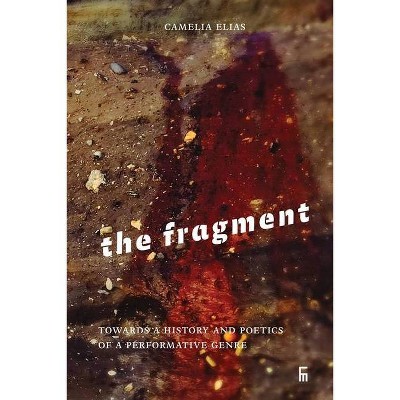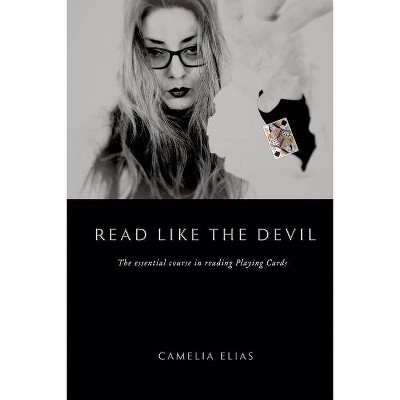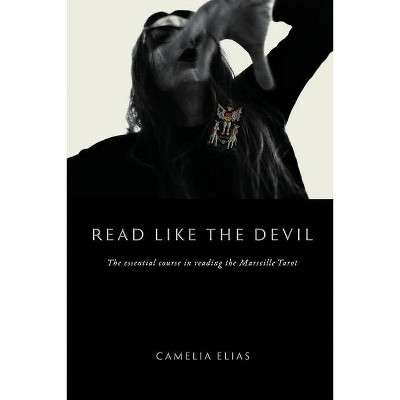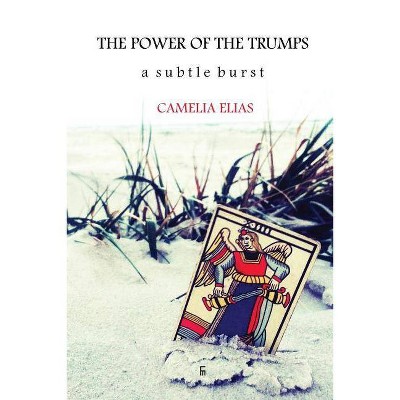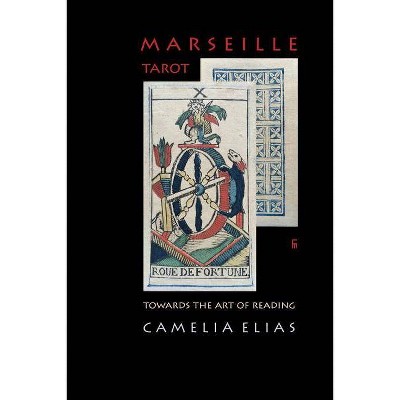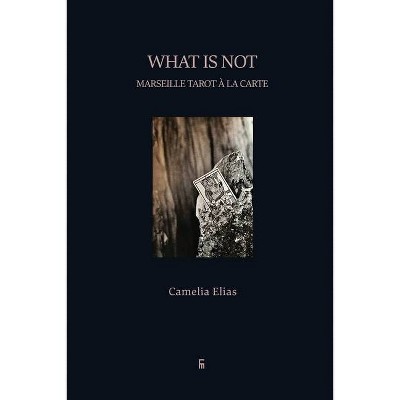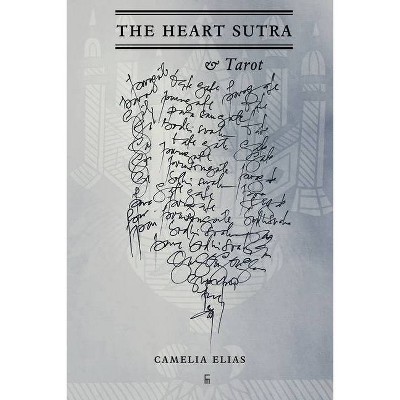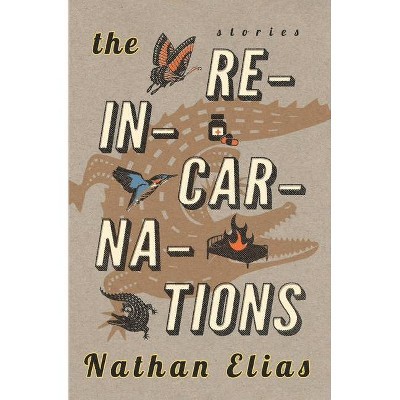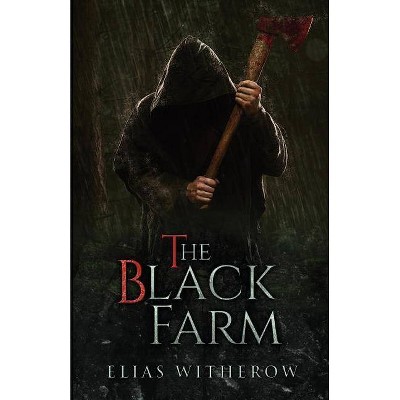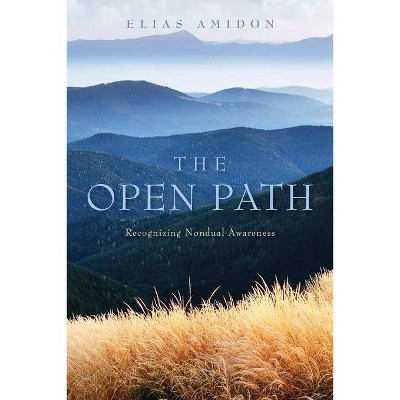The Childless Witch - by Camelia Elias (Paperback)
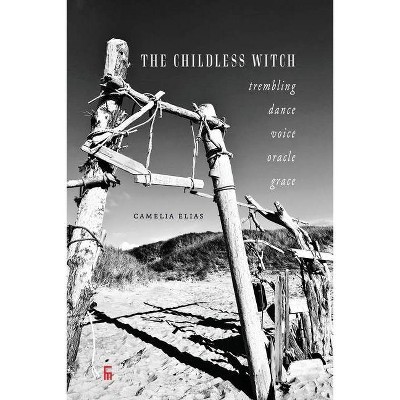
Similar Products
Products of same category from the store
AllProduct info
<p/><br></br><p><b> About the Book </b></p></br></br><p>The book offers reflections on the state of being childless. The author's experiences blend in with analyses of childless artists and works that mirror the significance of being childless.</p><p/><br></br><p><b> Book Synopsis </b></p></br></br><p>'Don't have any children, ' the author's mother said, in response to the question: 'what's your greatest wisdom?' posed to her by her own daughter when she was 10. Forty years down the road this book springs out of investigating just what this wisdom is all about. The book thus offers reflections on the state of being childless. The author's own experiences of childlessness blend in with her analysis of childless artists and the part of their work that mirrors particularly the significance of being childless. In this book, either via personal encounters with the author or across the arts, we meet drummer Zohar Fresco, butoh dancer Carlotta Ikeda, opera singer Maria Callas as Medea through Pier Paolo Passolini's lens, and filmmaker Maya Deren. At the heart of the book is a simple investigation: Who poses true questions? The figure of the witch holds an interesting answer.</p><p><br></p><p/><br></br><p><b> Review Quotes </b></p></br></br><br><p>"This book is for humans, no matter how you identify there is space for you here in the conversation, and is what I love about this book. It is for the childless by choice and for those not searching for the sustenance of cultural dogma around the subjects of children and childbirth. It is deserving of a longer discussion and write up than this format allows. In her book Camelia uses the vehicles of dance, music, film and more, creating philosophical thought and experience around the human body, children, absence and creation.</p><p>I read recently that Franz Kafka craved space in the margins around his writing, that space was somehow essential in his mind to the mind taking in his works. Camelia also embraces large margins, evoking the style of a chapbook of poetry. It makes her thoughts stark against the page, readable and clear.</p><p>I trained as a dancer for many years, and also as a martial artist. These modalities are something I understand and appreciated their relatability of form for me personally in the book. As in any modality, you have to be trained in it to actually participate in the conversation, whether it's dance or martial art, you have to earn your seat at the table so speak. There is sometimes great pain at not being offered a seat at the table of other women, especially when I do not have children, and do not profess to wish to do so. Most of the time, they do not wish to pull up a chair at my crooked table to hear my story, though I have sat nearby watching them eat at theirs. Camelia offers an open seat.</p><p>The most powerful form in these essays is that they manage to transform artistic disciplines into thought patterns, areas of broad scope into minutiae. I think the best books make us ask questions of ourselves and our views. Reading the experiences of others can be illuminating, and there is also a time to be validated in the writing of others. This book gave me pause to contemplate what it means to find commonality with an author, and was one I deeply appreciated. A book for anyone wishing to immerse themselves in philosophical thought, observations on art, creativity, expression, humanity and the intertwining cultural forms of creation and children." - Emma Weiss, The Solid Page</p><br>
Price History
Price Archive shows prices from various stores, lets you see history and find the cheapest. There is no actual sale on the website. For all support, inquiry and suggestion messages communication@pricearchive.us
